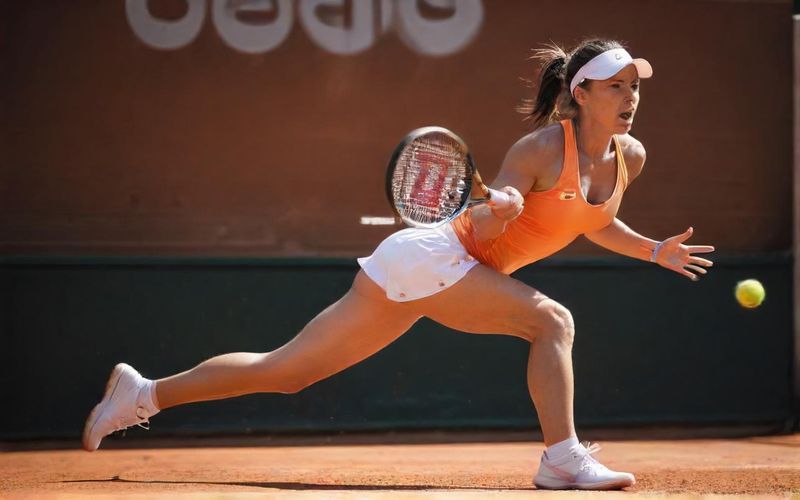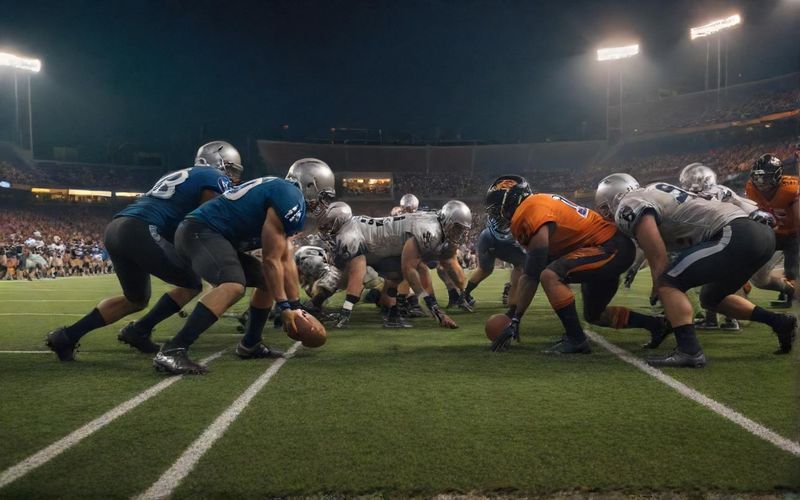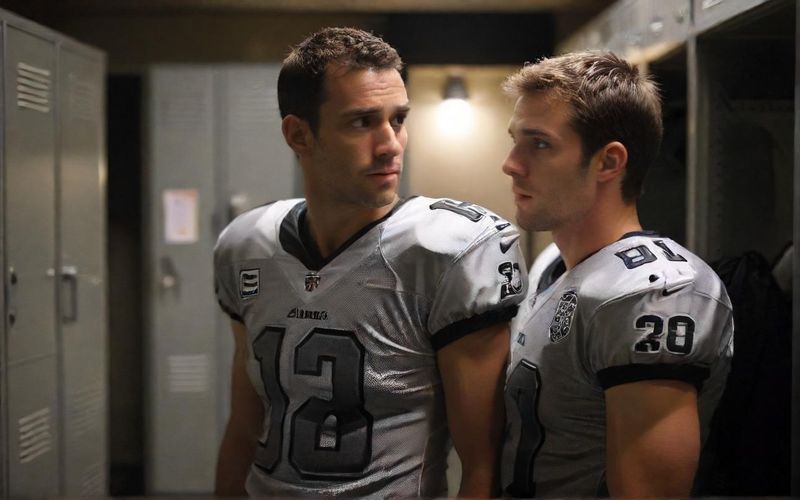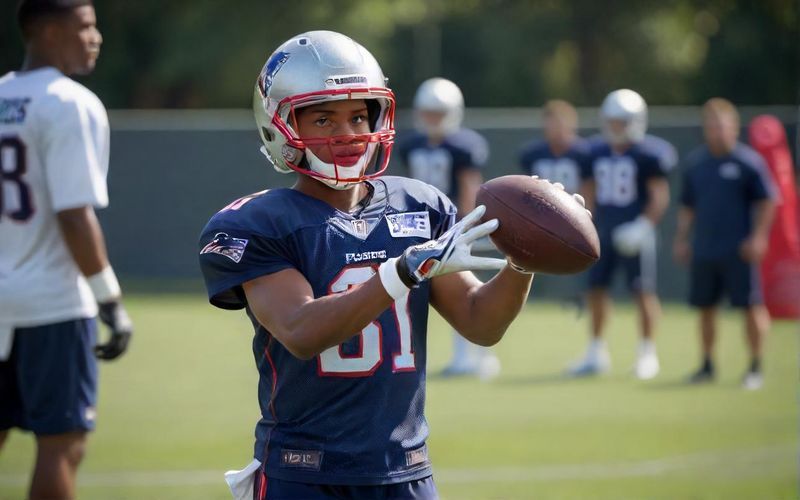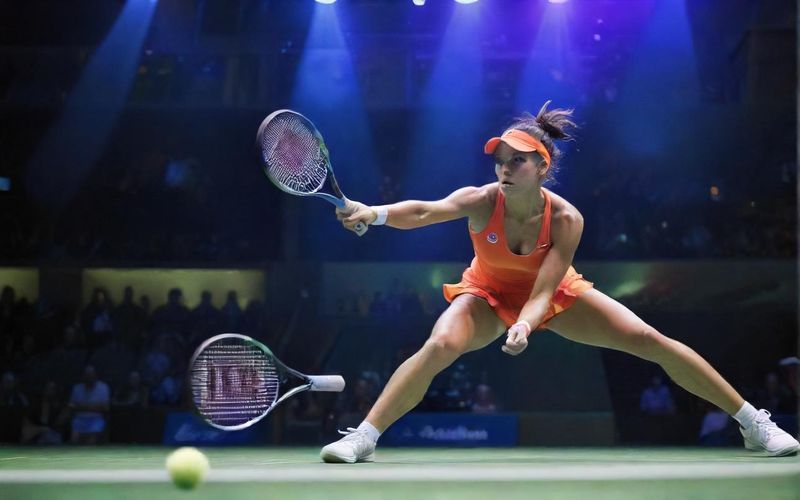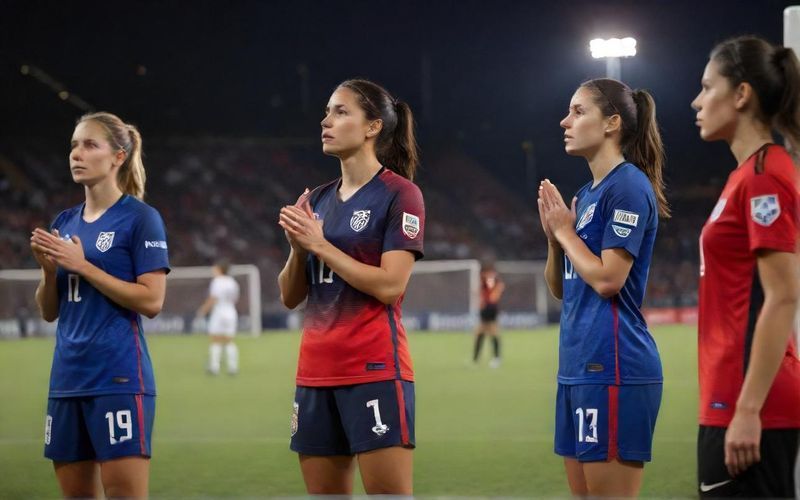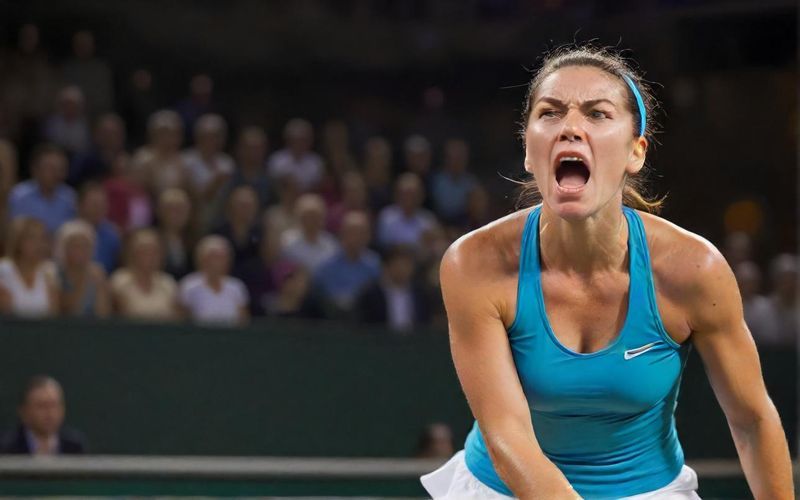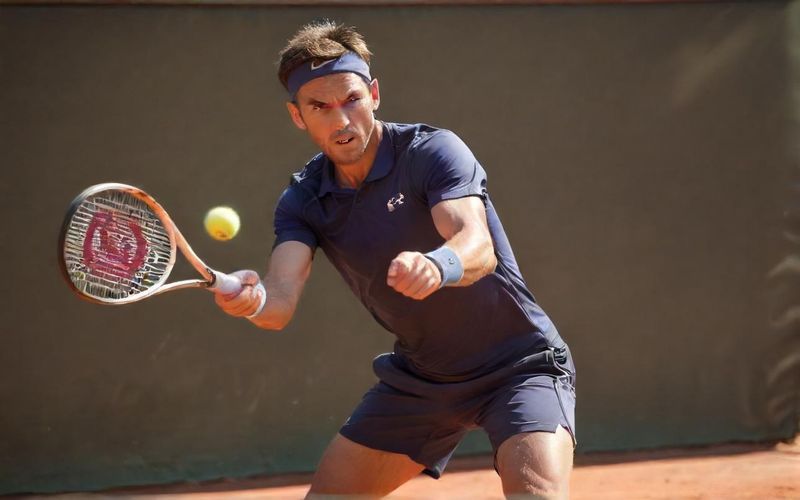Fowler: TAA's Real Madrid return can lift Liverpool
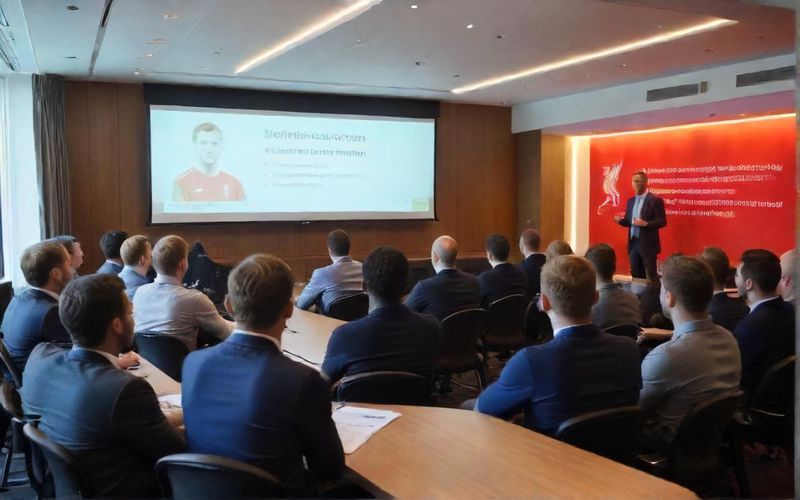
Fowler's comments, speaking from a place of immense personal connection to Liverpool’s history and its fervent fanbase, suggest that the club can channel the potential mixed emotions surrounding Alexander-Arnold’s homecoming into an intensified atmosphere. This is more than just a bit of mind games; it’s a testament to how football managers and seasoned players, like Fowler himself, understand the intangible forces at play. He highlights how a former star’s return, especially one who departed for what many perceived as a bold, perhaps even audacious, pursuit of individual accolades like the Ballon d'Or, can galvanize supporters. It's a reminder of what was, and what perhaps could have been, all playing out on the hallowed turf of Anfield.
It’s fascinating to consider this in light of Fowler’s own career. While he was famously adored as ‘God’ for his sublime finishing, his financial trajectory offers a compelling contrast. Unlike today's players who often see multi-million-pound weekly wages, Fowler’s considerable fortune, estimated to be around £38 million, was built not just on goals, but on astute property investments made early in his playing career. He wisely sought financial advice, demonstrating a foresight that set him apart. This dual legacy – the revered footballer and the shrewd investor – positions Fowler as a unique voice. He understands the financial realities of the game, both then and now, and the importance of planning beyond the final whistle.
This brings us to Alexander-Arnold. His move to Real Madrid, while met with understandable disappointment and even some boos from a segment of the Liverpool faithful, is part of a broader trend. Players are increasingly seeking diverse experiences and perhaps different pathways to achieving their ultimate career goals. The narrative that Alexander-Arnold might have been overlooked by some Liverpool supporters in favour of retaining other key players, as suggested by some reports, now feels like a premature judgment. The extent to which Liverpool has truly missed his unique passing range and ability to unlock defenses is becoming increasingly apparent, especially as their title defense has faltered. The data, showing his unparalleled line-breaking passes to Mohamed Salah, paints a stark picture of the attacking synergy that has been disrupted.
Fowler’s perspective offers a crucial layer here. He’s not just a former player; he’s someone who has navigated the complexities of the football world and emerged financially secure, demonstrating a different kind of success. His advice to young players about listening to financial experts, particularly when making significant investments, underscores a valuable life lesson. It’s a stark reminder that while the roar of the Anfield crowd or the dream of individual awards can be powerful motivators, long-term security often requires a different kind of strategic thinking.
As Alexander-Arnold prepares to walk back onto the Anfield pitch, the spotlight will be intense. Will the reception be a roaring ovation for a beloved son, or a chorus of disapproval for a perceived departure from loyalty? Fowler’s suggestion implies that either extreme, or more likely a complex mix, can serve Liverpool. It’s a bold prediction, rooted in a deep understanding of how the emotional energy of a football club can be harnessed. What remains to be seen is whether this return will serve as a simple reminder of what Liverpool lost, or a catalyst for them to rediscover the magic that made them so formidable, perhaps inspired by the very player they once championed.
